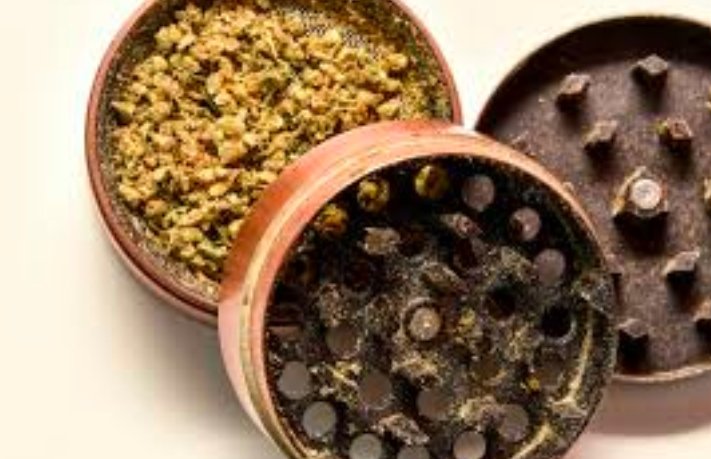Veterans in Australia are being targeted by social media advertisements promoting “free” medicinal cannabis products, allegedly funded by the Department of Veterans Affairs (DVA). These ads are being used by telehealth companies, like VeteranCann, to attract veterans into signing up for services, often with little regard for their medical histories or well-being.
Exploiting Vulnerable Veterans
One case highlights the issue: Bill, a 35-year-old navy veteran, was prescribed medicinal cannabis by VeteranCann after responding to a Facebook ad. Despite his well-documented history of cannabis addiction, Bill received over $1,700 worth of cannabis in less than a month, funded by the DVA. This included 14 bottles of cannabis oil containing the psychoactive compound THC.
Bill’s mental health quickly deteriorated. Within weeks, he found himself in borderline drug-induced psychosis, struggling to control his consumption and feeling like a “zombie.” Despite informing the company of his addiction, the shipments kept coming. His experience raises concerns about the responsibility of companies prescribing cannabis and the risks they pose to vulnerable individuals.

Growing Market for Medicinal Cannabis
The DVA has been heavily funding medicinal cannabis for veterans, spending $35.99 million in the 2023-2024 financial year for 8,455 veterans. This has created a lucrative market for companies offering these products, leading to a rise in exploitative marketing tactics. Veterans report being bombarded with late-night texts, ads promoting “free” cannabis, and aggressive follow-ups from telehealth companies offering to fund the treatments.
Unregulated Prescriptions and Risk of Psychosis
Critics, including Dr. Kerry Summerscales, a veteran and GP who treats fellow veterans, are raising concerns about high-strength THC prescriptions being offered with little oversight. The Royal Australian College of Psychiatrists has warned against the use of high-potency THC due to its potential to cause psychosis and the weak evidence supporting its efficacy for most conditions.
VeteranCann, for example, has been pushing for veterans to use their in-house advocate program to facilitate access to higher doses of THC. Sandra*, another veteran, was prescribed cannabis oil containing THC after a brief 20-minute consultation, despite never speaking directly with a doctor. After initially failing to follow up, she was bombarded with unsolicited text messages from the company offering “free” cannabis.
A Call for Regulation
Veteran advocates and medical experts are calling for stricter regulations around telehealth cannabis prescriptions to prevent exploitation and harm. Experts stress the need for thorough consultations, consideration of the veteran’s medical history, and cautious use of THC products to avoid mental health crises like those seen in Bill’s case.



